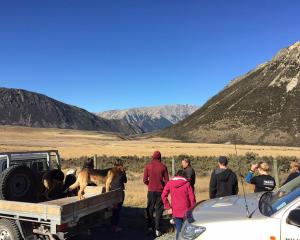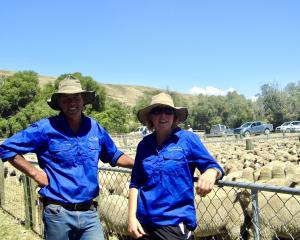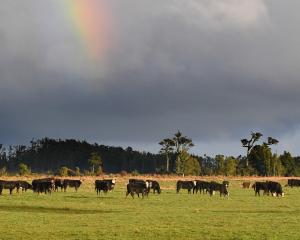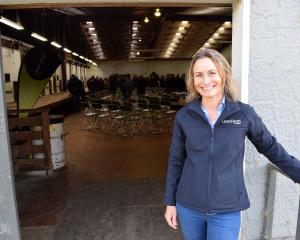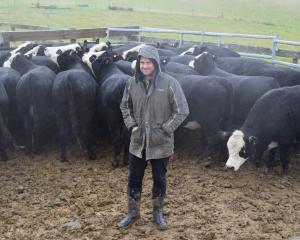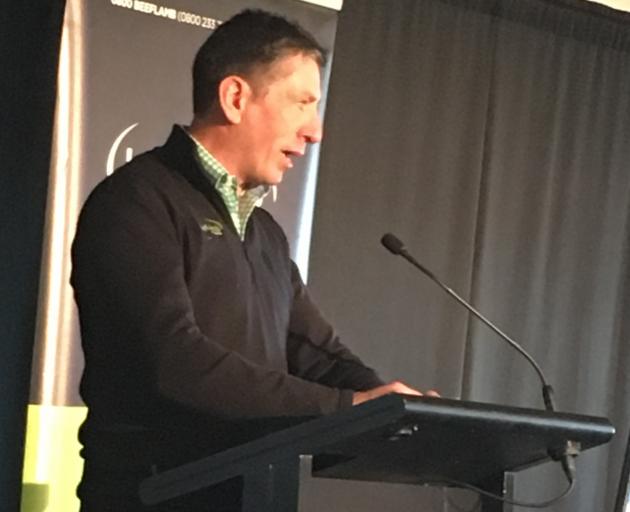
Alternative meats, consumer perceptions of how meat is produced and environmental challenges are the biggest ''disruption'' since farm subsidies were abolished in the 1980s, but also presented an opportunity, Beef and Lamb New Zealand chief executive Sam McIvor told farmers at last month's northern South Island farmer council ''FarmSmart'' conference.
Celebrities such as film-makers James Cameron and Peter Jackson have publicly made the switch to alternative meats and the eating habits of ''millennials'' (those born in the 1980s and 1990s) were changing, while ''real meat'' consumption in the United States was growing.
He said there were six main reasons affluent overseas consumers were making the decision to switch to alternative meats, including the use of antibiotics, hormones and genetically modified organisms and concerns about animal welfare, climate change and water quality.
New Zealand farmers had a good track record at the first four compared with other countries, but he said the industry had not been proactive in telling its story.
Beef and Lamb has also launched a new environmental strategy to address climate and water quality concerns.
While New Zealand exported 80% of its red meat and 50% of beef exports were sold to the United States, it represented only about two days of beef consumption in the US market, Mr McIvor said.
He said New Zealand sheep and beef farmers could attract a premium price for its product, by selling ''an eating experience'' of 'real meat' produced in a natural environment.
''There's a figure often quoted that we can only feed 40 million people around the world and so we're not necessarily going to compete in the commodity market long term.
''But we do have the attributes, we have the systems in New Zealand and I believe that we have the best farmers in the world who can respond to consumer demands and changing environments.
''So there is every opportunity to get our voice through a crowded market to find consumers who are willing to pay a premium.''
The new environmental strategy had set goals of cleaner water, New Zealand sheep and beef farmers becoming carbon neutral by 2050, thriving biodiversity and healthy, productive soils.
Mr McIvor said the industry had a proud environmental record, which had seen a reduction in greenhouse gas emissions by 30% since 1990.
This has been achieved on the back of a 52% reduction in sheep numbers and a 23% reduction in beef cattle numbers, which meant 28% less land was used in sheep and beef farming.
-By David Hill


